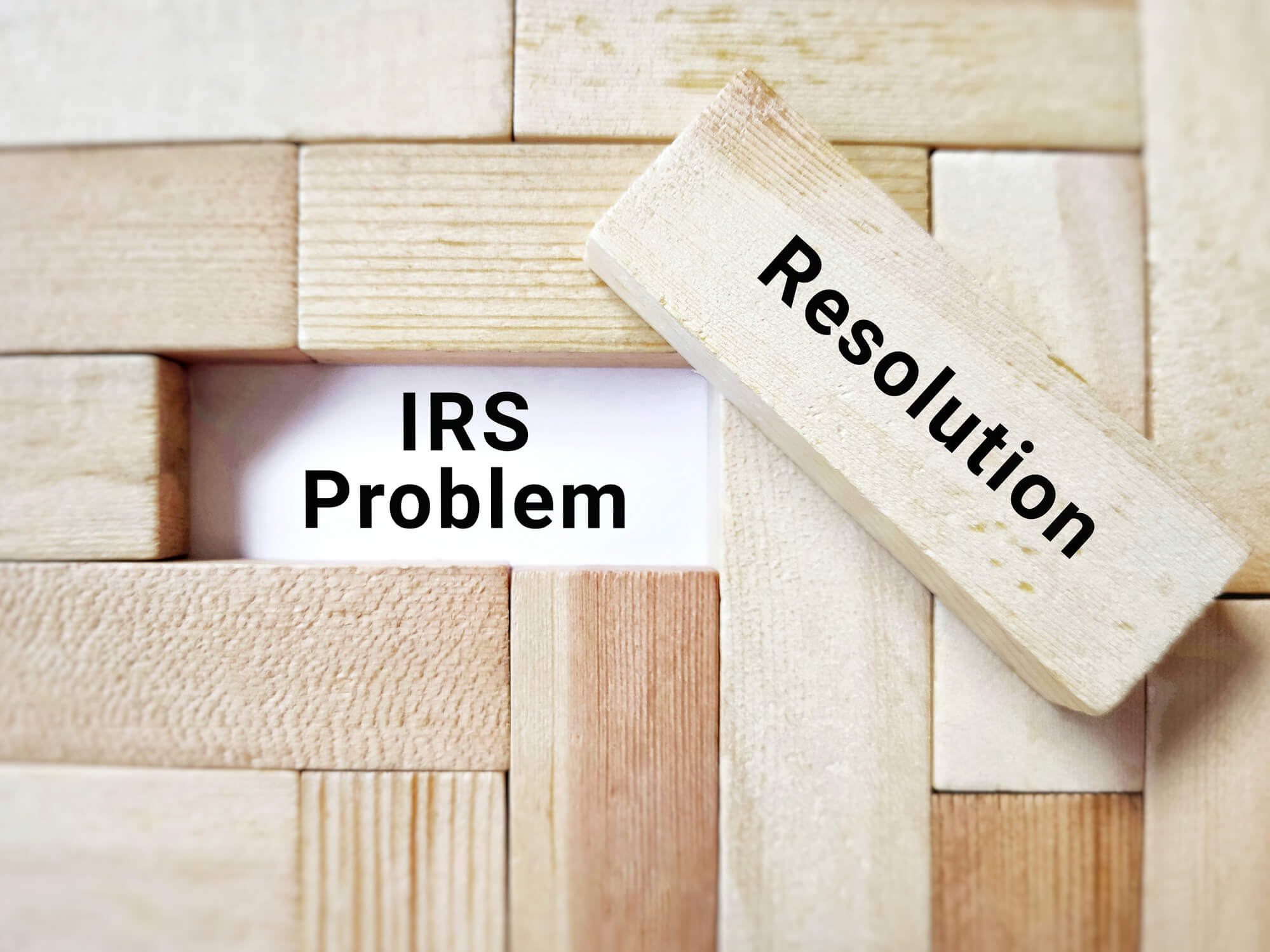It is never a positive situation to find that you owe the government taxes and, even worse, do not have the resources to pay them. The first action plan should be to look for payment plans and file the tax returns before the deadline. This will help you avoid the monthly 5% penalty on the available balance. There will also be an additional interest, which is adjusted every four months, depending on the Internal Revenue Service’s (IRS) assessments. At this point, your goal should be to minimize the damage by finding an opposite plan that will pull you out of tax misery.
To discuss payment plans with the IRS, you can call them at 1-800-829-1040, and they will assist you to the best of their ability. Additionally, their other options to reduce your tax bill include hiring professional consulting services and following the advice below:
 Pay as Much as You Can
Pay as Much as You Can
Even though you may not be able to pay the entire amount at once, paying as much as possible in the first installment is essential. A lower remaining balance will significantly reduce the interest and penalty. Also, the IRS may offer better payment plans to individuals having a lower remaining balance.
Request an Extension of the Tax Bill
If you are unable to pay the tax on time, you can request a payment extension. Typically, you will have 120 days to pay the taxes after submitting the forms. The IRS may ask you if you want to request a payment extension. Those individuals who have not previously applied for extensions are eligible for an extension option.
Installment Payment Plans
Experts advise that installments are a viable payment plan if you owe less than $50,000 and need more than 120 days to pay the tax bill. An online payment agreement form needs to be submitted to set up an installment plan for up to six years. Depending on the amount you owe, a one-time setup fee will be charged, usually $30 – $250. The fee can be significantly reduced for individuals who can set up direct payment plans from their bank accounts.
Another benefit of opting for an installment plan is reducing penalty charges for failing to pay the installment. You will be charged an interest of .33% for failing to pay the installment on your tax bill, rather than paying .5% for a general plan. However, this is only offered to one-time filers.
Apply for Leniency Payment Plans due to Adversity
To ask for a leniency payment plan from the IRS, you will need to authenticate that making this payment would leave you in dire circumstances, including losing your home or other financial sacrifices due to the ongoing crisis. If the IRS approves a leniency plan for your tax bill, you will be given more time to pay, and any penalty will be waived.
To become eligible, an “Application for Extension of Time for Payment of Tax due to Undue Hardship” needs to be filed and submitted. A thorough investigation into your claims is completed before you are offered the remunerations to ensure the leniency payment plans are only sought in case of eligibility.
 Personal Loan
Personal Loan
A personal loan is an option if a family or friend is willing to help. There may be people in your life with whom you share a mutual trust who may be willing to waive interest payments that are common in a traditional loan agreement. However, it is still recommended that the terms and payment plan of the agreement be documented and notarized to avoid any inconvenience for both parties. While it may not be one of the most suitable payment options for most people, it certainly can offer some relief from a significant tax bill.
 About Complete Controller® – America’s Bookkeeping Experts Complete Controller is the Nation’s Leader in virtual bookkeeping, providing service to businesses and households alike. Utilizing Complete Controller’s technology, clients gain access to a cloud platform where their QuickBooks™️ file, critical financial documents, and back-office tools are hosted in an efficient SSO environment. Complete Controller’s team of certified US-based accounting professionals provide bookkeeping, record storage, performance reporting, and controller services including training, cash-flow management, budgeting and forecasting, process and controls advisement, and bill-pay. With flat-rate service plans, Complete Controller is the most cost-effective expert accounting solution for business, family-office, trusts, and households of any size or complexity.
About Complete Controller® – America’s Bookkeeping Experts Complete Controller is the Nation’s Leader in virtual bookkeeping, providing service to businesses and households alike. Utilizing Complete Controller’s technology, clients gain access to a cloud platform where their QuickBooks™️ file, critical financial documents, and back-office tools are hosted in an efficient SSO environment. Complete Controller’s team of certified US-based accounting professionals provide bookkeeping, record storage, performance reporting, and controller services including training, cash-flow management, budgeting and forecasting, process and controls advisement, and bill-pay. With flat-rate service plans, Complete Controller is the most cost-effective expert accounting solution for business, family-office, trusts, and households of any size or complexity.



